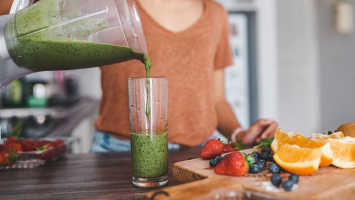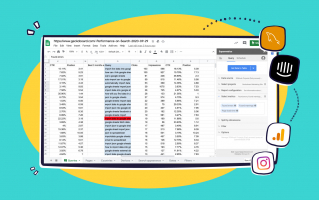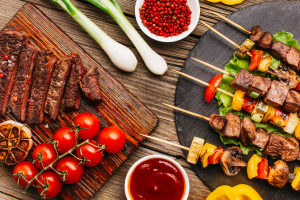Top 10 Clever Ways to Eat Healthy on a Tight Budget
When you're on a limited budget, it might be challenging to maintain a balanced diet that includes fruits and vegetables due to the cost of nutrient-dense ... read more...food. The good news is that there are many methods to eat complete foods while saving money. The following are some suggestions that might help you in eating healthier on a budget.
-
Planning ahead is important if you want to save money at the grocery shop. Choose a day each week and schedule your food preparation for the next week on that day.
Make a grocery list of all the things you'll need to prepare those meals after that. Be sure to check your cupboards and refrigerator as well to see what you already have. Only plan for things that you are certain you will make. By doing this, you'll avoid having to toss away a lot of the things you buy but don't use. Make a list of the ingredients you'll need from the grocery store and decide which recipes you'll prepare for lunch and dinner. You'll be less likely to spend money on fast food or convenience foods if you have a plan.

Plan your meals 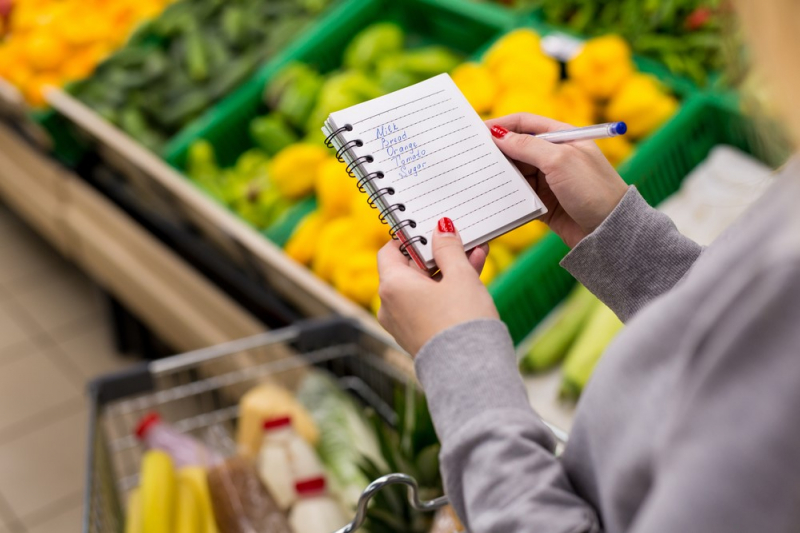
Plan your meals -
Once you've made a grocery list and scheduled your meals, follow it. At the grocery shop, it's quite simple to get distracted, which might result in unwanted purchases and unintended expenses.
Try to shop the perimeter (the store's outer edges) first as a general rule. Whole foods are typically placed here, try to add them to your cart first. Most processed foods are frequently found near the center of the store. If you find yourself in one of these aisles, turn your gaze upward or downward, rather than straight forward. To help you with your shopping, you may also download a grocery list app. Some of them even allow you to store your favorite goods and share lists with other shoppers. Furthermore, a great way to make sure you don't forget your list at home is to use an app.
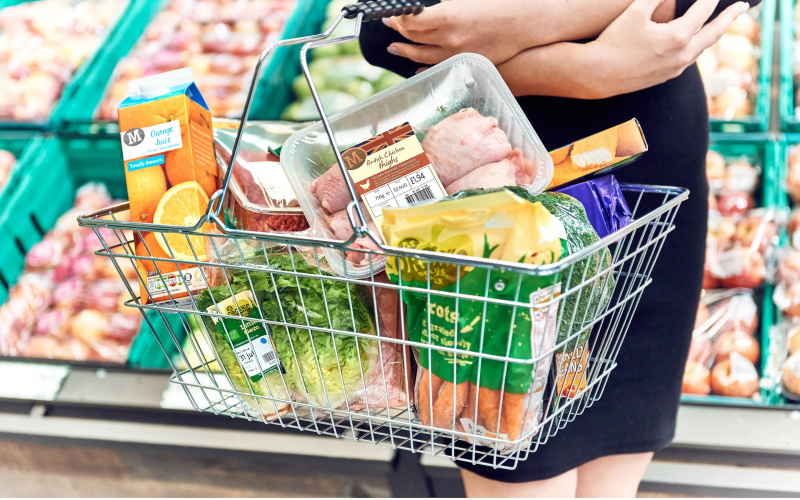
Stick to your grocery list 
Stick to your grocery list -
It may be less expensive to cook at home than to eat out. In most cases, eating for a family of four costs the same as dining out for one or two people.
So, instead of deciding to eat out at the last minute, make it a habit to prepare meals at home. While some people prefer to prepare food for the entire week on the weekends, others only prepare one meal every day. You also have the advantage of knowing exactly what ingredients are in your food when you prepare for yourself. The food you prepare at home is probably going to be healthier than the processed foods you buy at the grocery store. Additionally, you can guarantee that it has fewer calories and is more nutrient-dense than the meals offered in restaurants and fast food outlets.

Cook at home 
Cook at home -
You may save time and money by preparing large meals. Lunches or other recipes can be made with leftovers. They may be used once again in burritos, salads, stir-fries, and stews.
Once everyone has completed a home-cooked meal, box up the leftovers and place them in the refrigerator. The leftovers should be marked, and they should be placed in the refrigerator so you won't forget about them. On days when you don't have time to prepare a meal from scratch, having leftovers might save you from eating out, which is great if you're on a tight budget. The quickest and easiest lunch to bring is leftovers. All you need to do is put them in the container. Pack an extra snack or side dish if there isn't enough food for a full meal.
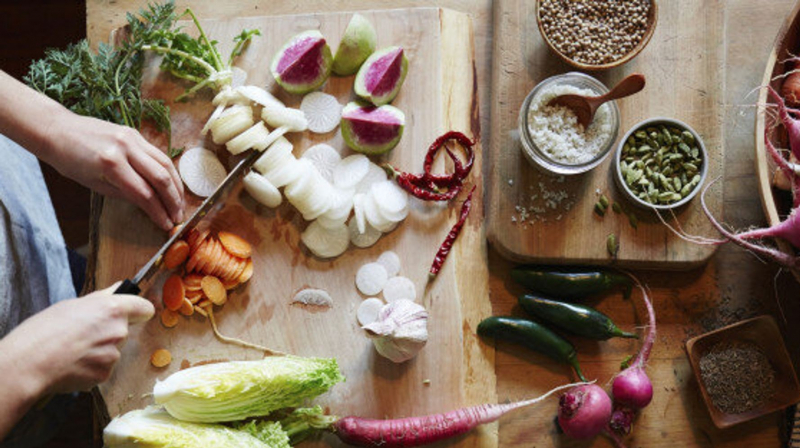
Cook large portions and use your leftovers 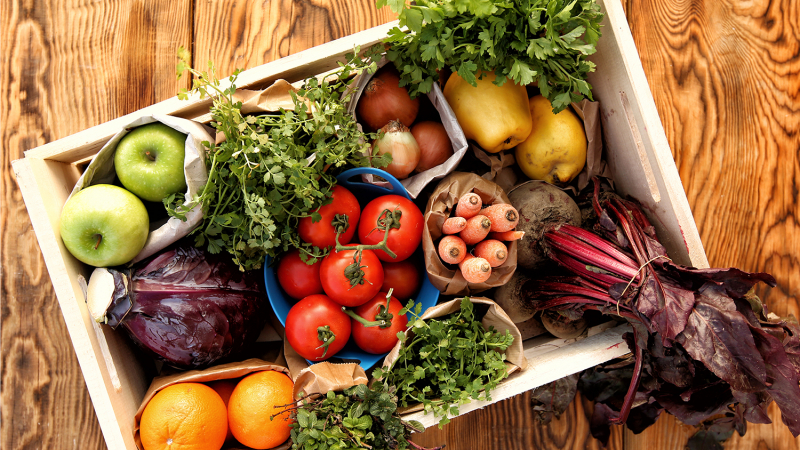
Cook large portions and use your leftovers -
When you shop while you're hungry, you're more likely to deviate from your list and buy something on impulse. You could frequently look for processed foods when you're hungry even if they offer fewer healthy nutrients than whole foods.
Additionally, since these are not on your list, they are also negative for your spending plan. Unsatisfied hunger is associated with the urge to buy non-food items, according to a study published in Proceedings of the National Academy of Sciences. A study found that buyers who were more hungry than others spent 60% more money and bought 60% more non-food items. To avoid being hungry when you get to the shop, try to eat some fruit, yogurt, or another healthy snack before you go.
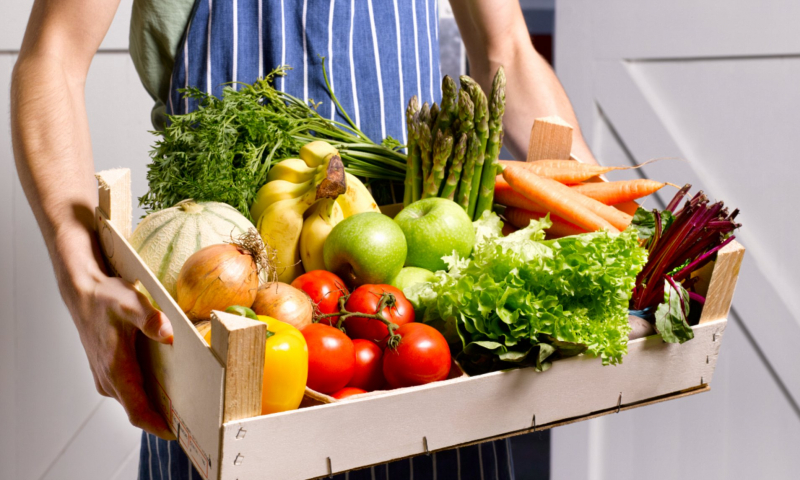
Don’t shop when you’re hungry 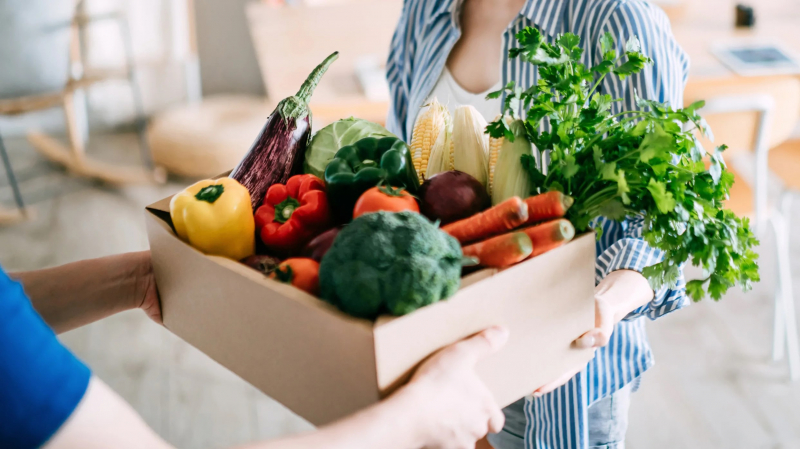
Don’t shop when you’re hungry -
You'll be surprised by how much money you can save by eliminating processed foods, fizzy drinks, cookies, and chips. Aside from being expensive, they include a lot of unhealthy ingredients and provide very little nourishment.
Some foods are more reasonably priced when they are less processed. For example, canned beans are less expensive than refried ones, and a block of cheese is less expensive than shredded cheese. Additionally, whole grains like brown rice and oats cost less per serving than most processed cereals. You may save money overall by buying less processed goods, which are frequently sold in larger quantities and provide more servings per package.
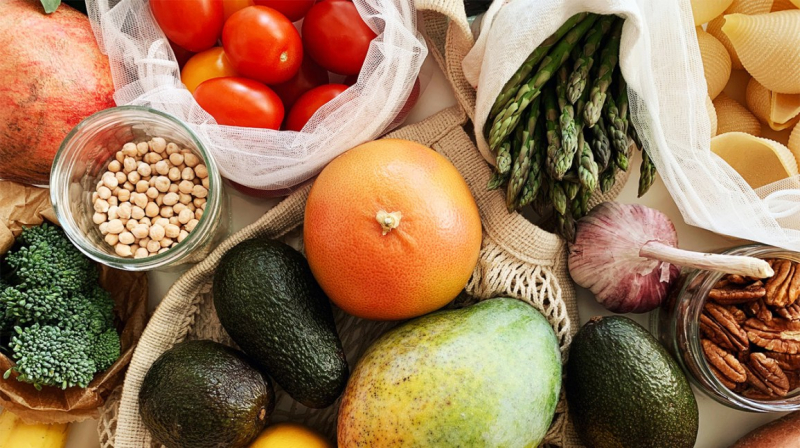
Buy whole foods 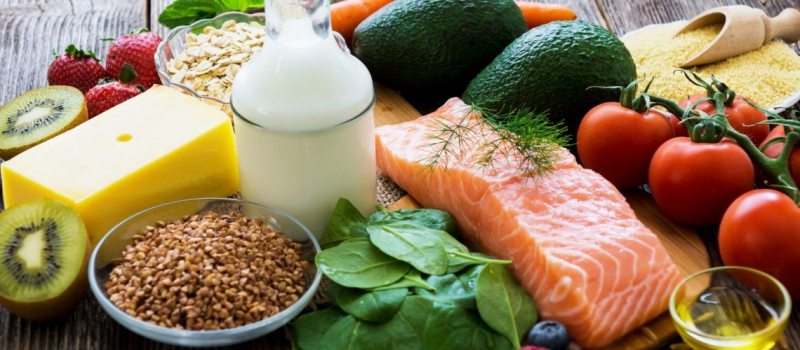
Buy whole foods -
Even though you may have seen ads for a name brand and been persuaded by claims that it is healthful, a quick comparison of the ingredients to generic products will show that there is no significant distinction. Going generic brand is a simple way to get a product that is relatively comparable while saving money.
Almost every product is available in most stores with generic brands. To make food that is safe, all food makers must adhere to guidelines. Although less expensive, the generic brands could have the same quality as other national brands. Read the ingredients list to confirm that the product you are buying is not substandard to the national brand or has any hidden allergies or additional substances.
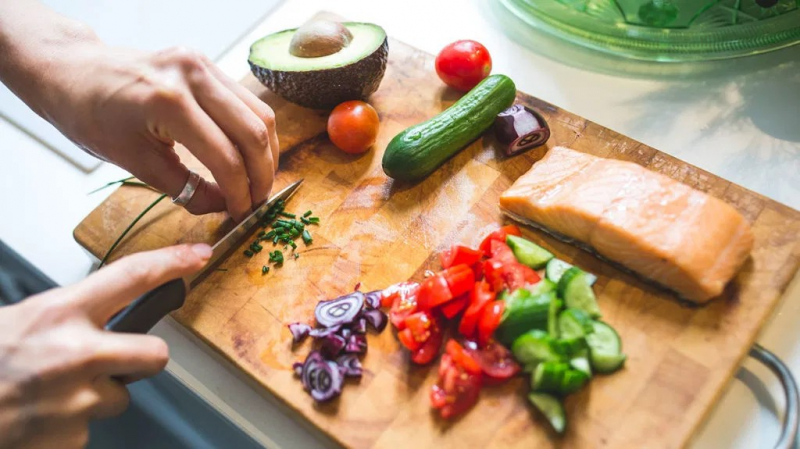
Buy generic brands 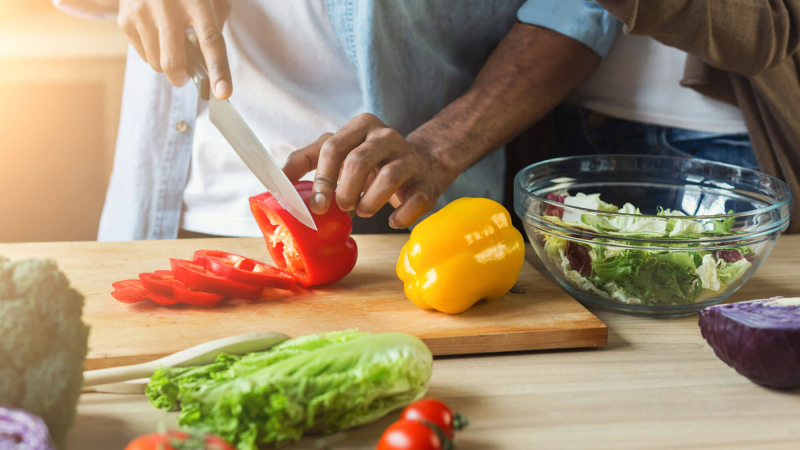
Buy generic brands -
During specific seasons of the year, such as holidays, football season, and the summer when you want nothing more than to grill outdoors, certain things are more likely to go on sale. Additionally, grocery shops frequently draw attention to these goods by placing them close to the entrances, where customers would certainly notice them.
Stock up while they're on sale if you have favorite products or necessities that you use regularly. Many people plan a weekly menu, then shop specifically for the ingredients to prepare the meals. Having food storage enables you to be flexible with your menu plan. You won't need to buy those items again for a very long time if you stock up on what is on sale, in season, and more affordable in bulk. But remember that you won’t save any money if you buy something you’ll just end up throwing out.

Stock up on sales 
Stock up on sales -
Fish and meat that is fresh might be very pricey. However, there are numerous cuts of beef that cost far less. Look for ground meat or poultry, entire chickens, pork top sirloin steak, or chuck steak.
They work well in stir-fries, soups, casseroles, burritos, and stews. In order to keep these less expensive cuts soft and juicy when done, barbecue and grilling are the best cooking methods. Slow cooking allows the connective tissue to break down and really tenderize the meat, while the fat has time to melt over it and give flavor. Buying a sizable, reasonably priced chunk of meat to use in a variety of dishes during the week may also be useful.
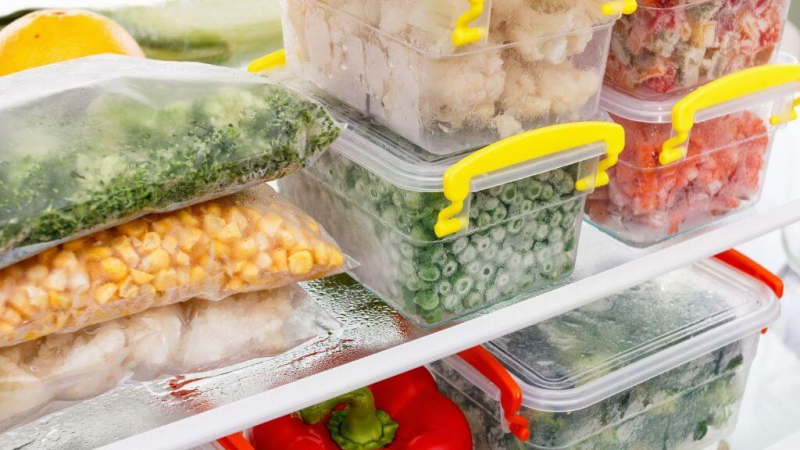
Buy cheaper cuts of meat 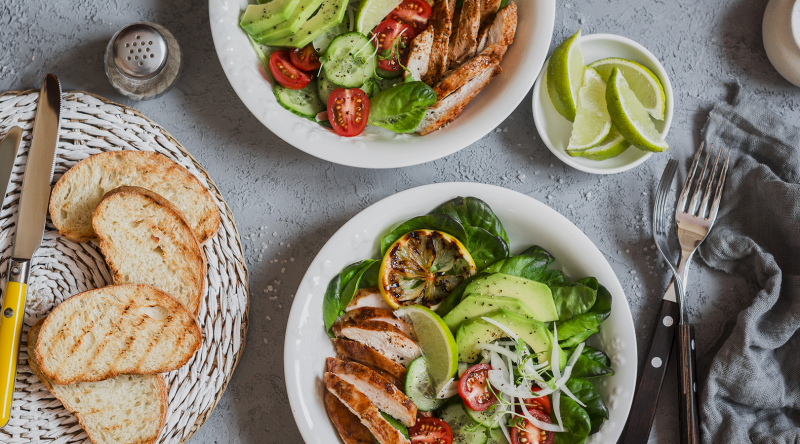
Buy cheaper cuts of meat -
Eating protein doesn't have to mean eating meat and there is much evidence that replacing animal proteins with more plant-based proteins will improve your health. Mostly vegetarian foods are heart-healthy and rich in protein.
Saving money by eating less meat may be a smart idea. You can easily obtain enough protein on a vegan diet because there are so many plant foods that are high in protein. Additionally, scientists agree that a well-planned plant-based diet offers all the nutrients, including protein, that you require. Try substituting different protein sources, including beans, hemp seeds, eggs, or canned salmon, on a couple of days per week. All of these are reasonably priced, nutritious, and simple to prepare. Most of them also have a long shelf life, making it less likely that they would perish rapidly.
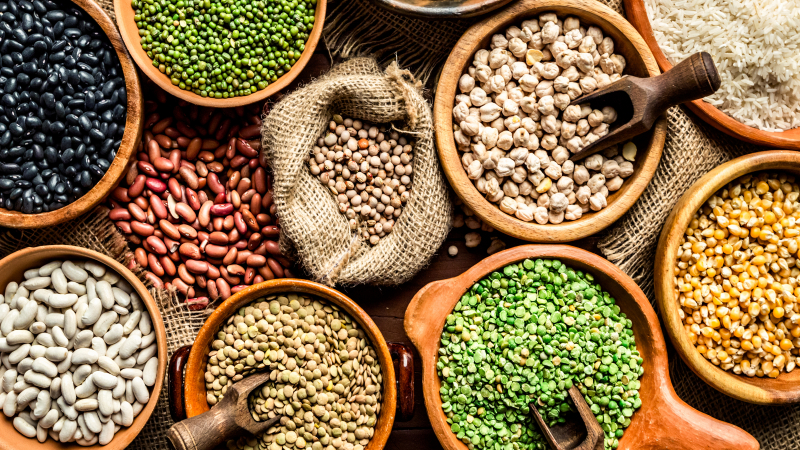
Replace meat with other proteins 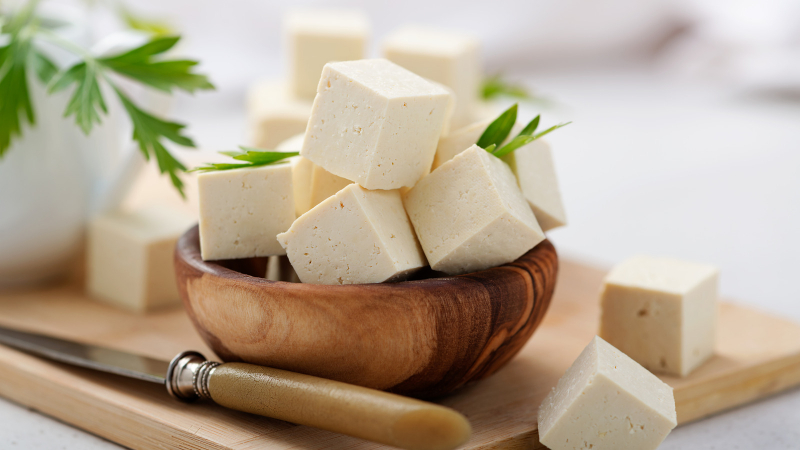
Replace meat with other proteins

















